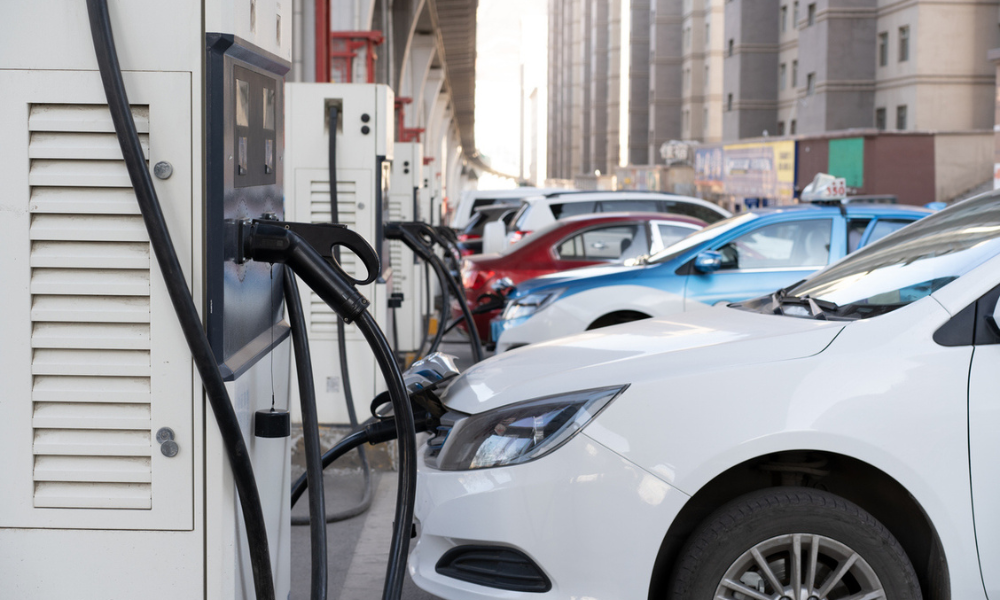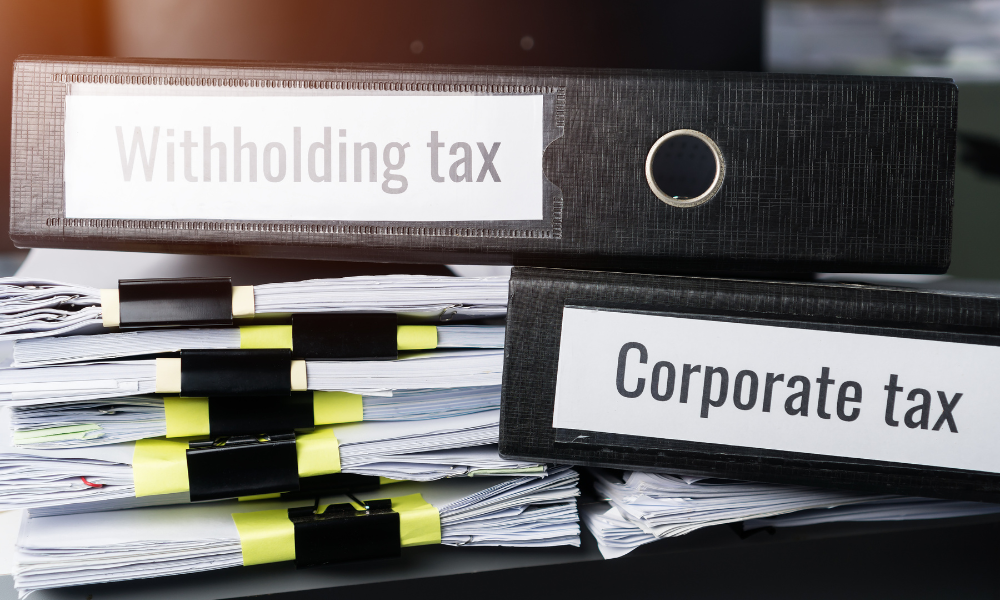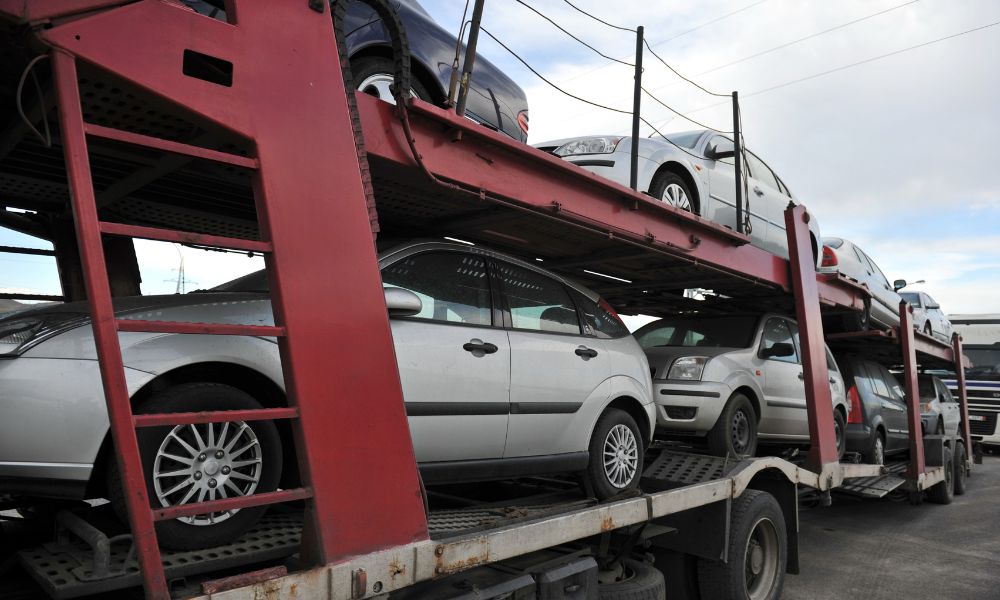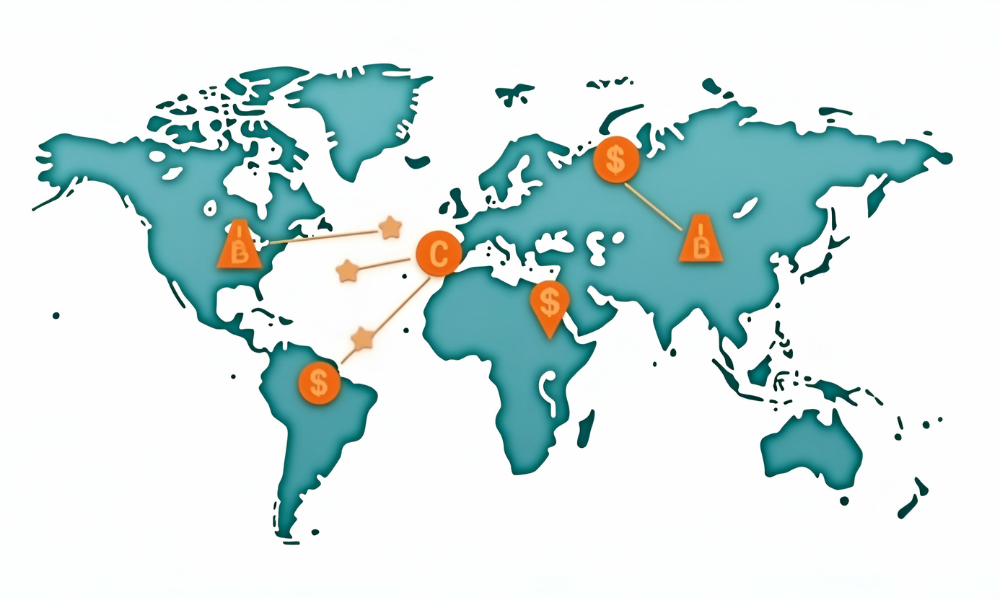The Canadian government announced a new initiative to protect auto workers and the electric vehicle (EV) industry from unfair Chinese trade practices and launched a consultation on potential policy responses to safeguard the sector.
Deputy Prime Minister and Minister of Finance Chrystia Freeland and Minister of Export Promotion, International Trade, and Economic Development Mary Ng made the announcement.
Canada's auto manufacturing sector supports over 125,000 well-paying jobs, many unionized. According to the government, the country’s potential in the EV supply chain is ranked first globally, presenting significant growth opportunities for the future. However, the industry faces challenges from China's state-directed policy of overcapacity and insufficient labour and environmental standards. These practices lead to a global oversupply of EVs, threatening profit margins for producers worldwide, including in Canada.
To address these challenges, Canada has launched a 30-day consultation on July 2 to explore potential policy responses to protect Canadian auto workers and the EV industry. The consultations will consider measures such as a surtax under s. 53 of the Customs Tariff, adjustments to the federal Incentives for Zero-Emission Vehicles (iZEV) program, and investment restrictions. Additionally, the consultations will seek input on cyber and data security to safeguard Canadians' privacy and national security interests.
The government will also examine the impact of China's policies on labour and environmental standards and other unfair, non-market practices. This initiative aims to level the playing field for Canadian auto workers and ensure that the EV industry can compete effectively in domestic, North American, and global markets. The consultations will also address concerns about a potential surge in Chinese EV imports due to recent trade protections implemented by other regions, including the United States and the European Union.
Deputy Prime Minister Chrystia Freeland emphasized Canada's strengths in building electric vehicles, noting the country's talented workforce, raw materials, clean electricity, and specialized production capabilities.
In a statement, Freeland said, "This consultation will consider what action we can take to protect our workers, level the playing field, and prevent transshipment or oversupply from China’s anti-competitive practices."
Minister Mary Ng highlighted Canada's commitment to fair trade and protecting the auto sector, stating, "We will not stand by while our workers are disadvantaged by non-market practices and a failure to abide by labour and environmental standards."
Minister François-Philippe Champagne also emphasized the importance of strengthening domestic supply chains and securing access to critical commodities as Canada moves towards reducing pollution and enhancing EV manufacturing capacity.
The government invites interested parties to submit comments and suggestions through the Bureau’s guidance feedback form during the consultation period.





